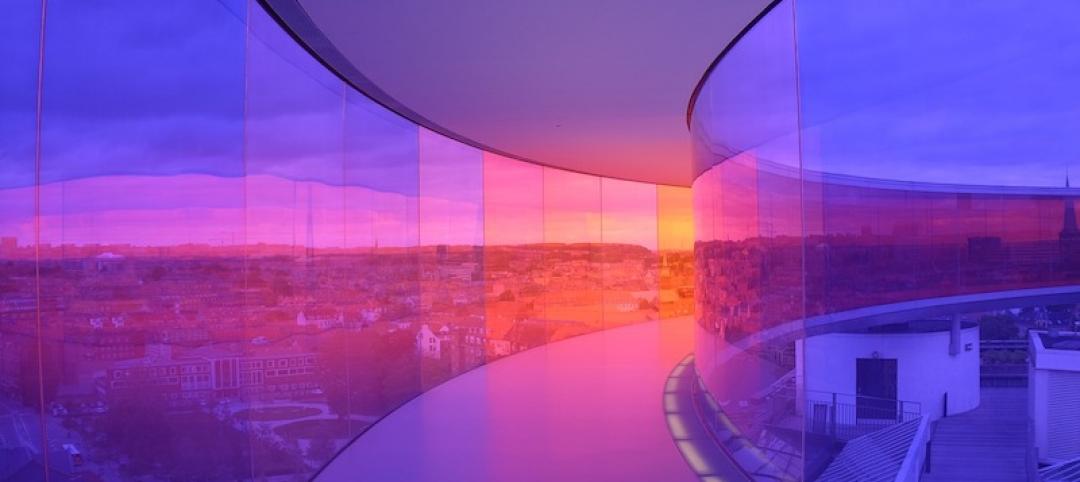Gov. Andrew Cuomo recently released a proposal for beefed up building codes and related actions to improve energy efficiency in New York State.
The Advanced Building Codes, Appliance and Equipment Efficiency Standards Act of 2021 would “significantly strengthen the state's building codes, improve energy and water efficiency, and reduce greenhouse gas emissions in New York State,” according to a statement from the governor’s office. The proposal would save New Yorkers $15 billion, with 40% of savings benefitting low- and moderate-income households, and it would reduce carbon emissions by 1.4 million tons annually, the Cuomo Administration says.
“This comprehensive legislation reduces energy and water consumption, makes sure substandard products will be removed from the market, and enhances the quality of products available, all while reducing emissions that contribute to climate change,” Cuomo says. Strengthening the energy code as proposed would allow the state to establish new energy efficiency standards for buildings, such as requiring greenhouse gas emission reduction in the design criteria.
The legislation expands appliance standards categories to cover a wider range of products and prevents appliances that do not meet minimum performance levels from being sold, leased, or installed. New York is on a path to achieving its mandated goal of a zero-emission electricity sector by 2040, including 70% renewable energy generation by 2030, and to reach economy-wide carbon neutrality, according to the Administration’s statement.
Related Stories
Codes and Standards | Aug 12, 2021
AGC pushes for more environmentally friendly construction
Contractor trade group supports government investment, tax incentives to reduce carbon footprints.
Codes and Standards | Aug 11, 2021
Decentralized approach to codes means emissions reduction responsibility falls on local officials
Efficiency advocates focusing more on local code amendments.
Codes and Standards | Aug 10, 2021
Dept. of Energy issues model energy code determinations for commercial, residential buildings
2021 IECC offers 9.4% site energy savings.
Digital Twin | Aug 9, 2021
Digital Twin Maturity white paper offers guidance on digital twin adoption
Provides lifecycle map and an approach for incorporating digital twins.
Codes and Standards | Aug 5, 2021
Contractors can be liable for building failures many years after project completion
Personal injury suits could be brought decades after substantial completion.
Codes and Standards | Aug 4, 2021
Mass timber is a natural choice for building recycling through deconstruction
Designing wood buildings to optimize recovery of materials for disassembly aids carbon sequestration.
Codes and Standards | Aug 3, 2021
Dept. of Energy releases initial version of the Spawn of EnergyPlus software
Targets new use cases in advanced controls, district systems, and grid integration.
Codes and Standards | Aug 2, 2021
Several U.S. cities among most expensive places to build in the world
San Francisco, New York, and Boston head the domestic list.
Codes and Standards | Jul 28, 2021
American Concrete Institute creates new director of innovative concrete technology post
Aim is to attract emerging technologies for development.
Codes and Standards | Jul 28, 2021
Higher ed faces infrastructure backlog of $112.3 billion
Study recommends integrated strategic planning for best results.

















